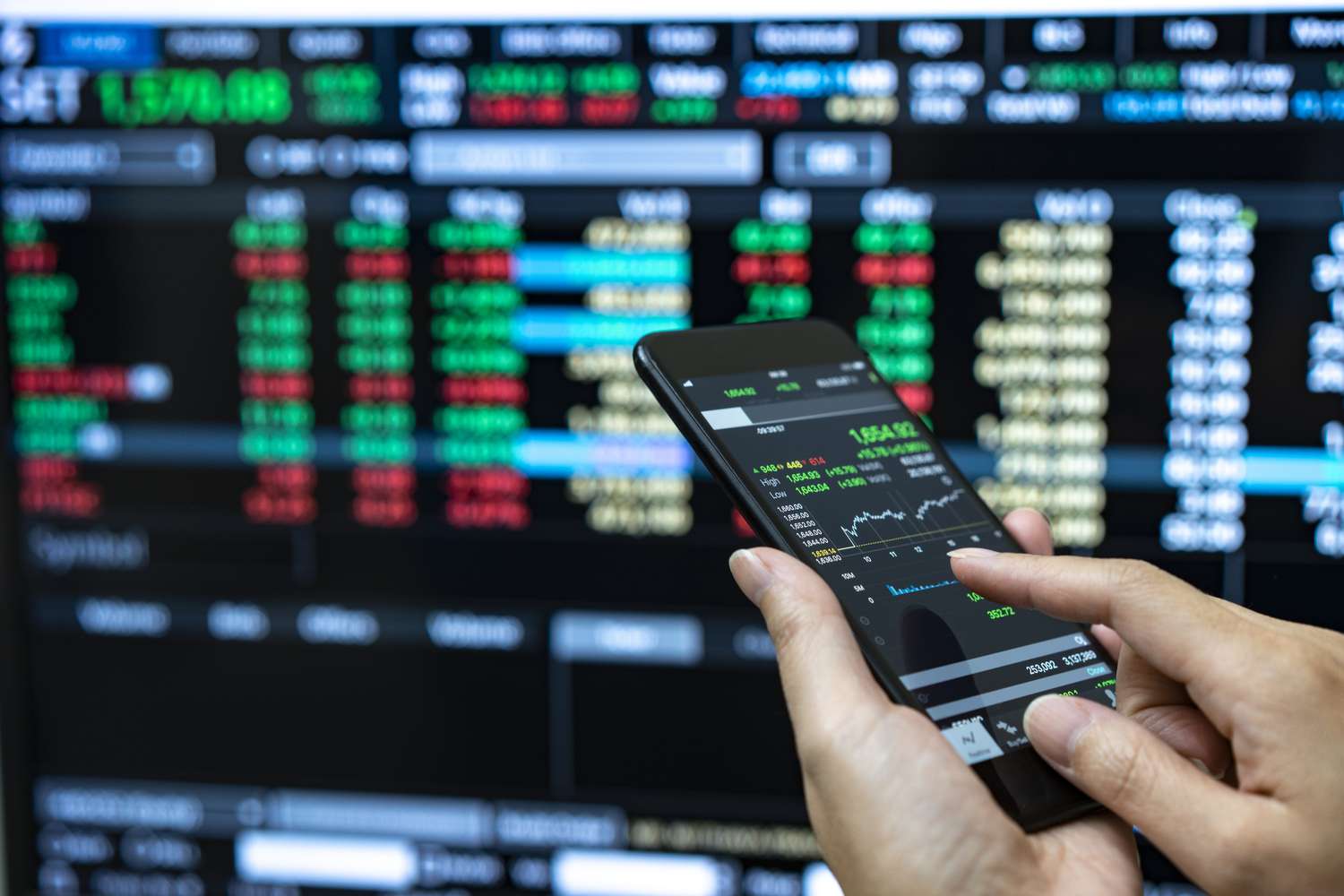Introduction to Forex Trading
In the fast-paced and ever-evolving financial world, few markets offer the excitement and potential profitability that Forex Trading does. For those looking to diversify their investments, gain exposure to global currency movements, and take advantage of 24-hour market access, Forex Trading provides a unique opportunity. The global foreign exchange market operates as a decentralized network where currencies are bought and sold, with trillions of dollars traded daily. Learning how to start Forex Trading with confidence means understanding the basics, mastering the tools, and cultivating the mindset that leads to consistent performance.
Understanding the Basics of Forex Trading
Forex Trading is the process of exchanging one currency for another with the goal of profiting from price changes. It’s always traded in pairs, such as EUR/USD, GBP/JPY, or USD/CHF, which represent the value of one currency relative to another. Traders speculate on whether a currency will rise or fall in value compared to its counterpart. Because the Forex market is decentralized and operates globally, it runs 24 hours a day, five days a week, offering unmatched flexibility.
Why Forex Trading Appeals to Beginners and Experts
The popularity of Forex Trading lies in its accessibility. With minimal capital requirements, advanced online trading platforms, and a wealth of free educational resources, it has never been easier to get started. Both beginners and professional traders are drawn to Forex because of its liquidity, high volatility, and the potential to profit in both rising and falling markets.
Setting the Right Mindset for Forex Trading Success
Confidence in Forex Trading starts with the right mindset. Many beginners make the mistake of rushing into trades without a clear plan, driven by emotions like fear and greed. To succeed, traders must think long-term, manage risk, and approach every trade with discipline. Understanding that losses are a natural part of the journey helps traders remain calm and focused.
Creating a Strong Foundation in Forex Trading Education
One of the best ways to build confidence is through education. Learning the fundamentals—such as reading charts, interpreting economic indicators, and understanding risk management—is crucial. There are countless free and paid resources, from webinars to trading courses, that can teach the necessary skills. By combining theory with practical application, traders can turn knowledge into results.
Choosing the Right Broker for Forex Trading
A reliable broker is a critical partner in your Forex Trading journey. When selecting a broker, consider factors such as regulation, trading fees, platform usability, and customer support. Reputable brokers will be transparent about their spreads, commissions, and order execution policies. They should also offer demo accounts, allowing traders to practice strategies without risking real money.
The Importance of a Demo Account Before Live Trading
Confidence grows when you practice in a risk-free environment. Demo accounts simulate real market conditions, letting you test strategies, experiment with trade sizes, and learn how to navigate your broker’s platform. Spending enough time in a demo account before moving to live Forex Trading ensures you develop skills without financial pressure.
Developing a Personalized Forex Trading Strategy
Every successful trader has a strategy tailored to their style and goals. Whether you prefer day trading, swing trading, or position trading, your approach should align with your personality, time commitment, and risk tolerance. A strong Forex Trading strategy will include clear entry and exit rules, risk management guidelines, and methods for analyzing the market.
Risk Management: The Cornerstone of Forex Trading Confidence
Risk management is essential for long-term success. Traders should never risk more than a small percentage of their account on a single trade. Using stop-loss orders and proper position sizing can protect capital during losing streaks. Even the best Forex Trading strategies will have losing trades, so managing risk ensures you stay in the game.
Understanding Technical and Fundamental Analysis
Technical analysis involves studying price charts and patterns to forecast future movements, while fundamental analysis focuses on economic, political, and market news that influence currency values. Combining both approaches gives traders a comprehensive view of the Forex market, enabling better decision-making.
Leveraging Technology in Forex Trading
Modern Forex Trading benefits from advanced technology. Automated trading systems, AI-driven market analysis, and mobile apps make it easier than ever to trade from anywhere. However, while tools can enhance efficiency, traders should not rely solely on automation—human judgment remains essential.
Managing Emotions in Forex Trading
One of the greatest challenges in Forex Trading is controlling emotions. Overconfidence can lead to reckless trades, while fear can prevent you from taking good opportunities. Keeping a trading journal, sticking to your plan, and reviewing past trades can help reduce emotional decision-making.
Setting Realistic Expectations in Forex Trading
Confidence doesn’t mean expecting to get rich overnight. Forex Trading is a marathon, not a sprint. Setting realistic goals—such as achieving steady monthly returns—keeps you grounded. Unrealistic expectations often lead to excessive risk-taking and disappointment.
Learning from Mistakes and Losses
Losses are inevitable in Forex Trading, but they can be powerful learning experiences. By analyzing what went wrong—whether it was a poor entry point, bad timing, or ignoring market news—you can improve your strategy and avoid repeating the same mistakes.
Networking and Learning from Other Traders
Joining trading communities, attending webinars, and participating in online forums allows you to exchange ideas and strategies with other traders. Networking can provide valuable insights and boost your confidence by showing you that others face the same challenges.
The Role of Economic News in Forex Trading
Economic events such as interest rate changes, GDP reports, and employment figures can cause major currency fluctuations. Successful Forex Trading requires staying updated with news and understanding how it impacts the markets. A trader who anticipates news-driven moves can seize profitable opportunities.
Using Leverage Wisely in Forex Trading
Leverage allows traders to control large positions with a small amount of capital, magnifying both profits and losses. While it can be tempting to use high leverage, doing so without proper risk management can quickly wipe out an account. Confidence comes from using leverage conservatively.
Backtesting Your Forex Trading Strategy
Before risking real money, backtesting your strategy on historical data can help determine its effectiveness. This process shows how your approach would have performed in different market conditions and helps refine your methods.
Staying Consistent in Forex Trading
Consistency is key to building trust in your abilities. Following your strategy, maintaining discipline, and avoiding impulsive decisions lead to gradual improvement and sustainable results in Forex Trading.
Conclusion: Confidence is Built Over Time
Starting Forex Trading with confidence is a journey that combines education, practice, strategy, and emotional discipline. By laying a strong foundation, managing risks, and continuously learning, you give yourself the best chance to succeed in one of the world’s most exciting markets. Remember, confidence doesn’t come from winning every trade—it comes from knowing you have the skills and mindset to navigate any market condition.



